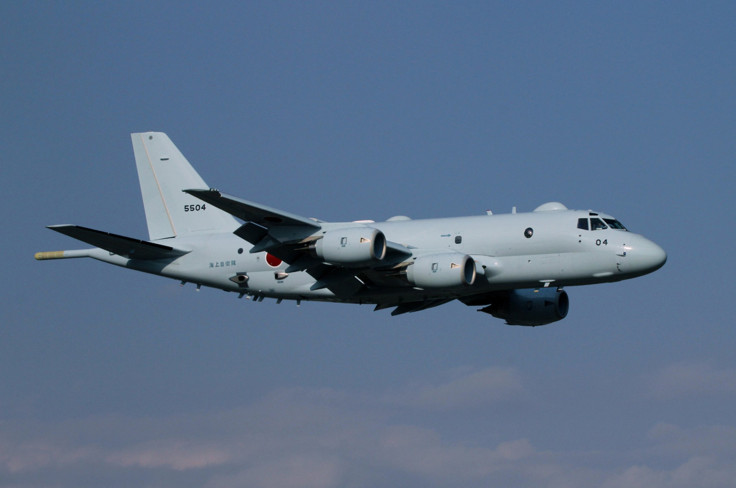Japan Wants To Sell Sub-Hunting Jet To British Under New Military Exports Policy

Japan wants to sell the United Kingdom its P-1 submarine-hunting jet aircraft, in one of the first efforts to export arms following Prime Minister Shinzo Abe’s move last April to ease Japan’s strict military export rules, according to a Reuters exclusive, citing sources close to the deal. It would be Japan’s first modern arms export outside of the Asia Pacific region.
The P-1’s maker, Kawasaki Heavy Industries, would compete with Boeing’s tried-and-tested, state-of-the-art P-8 Poseidon for the contract, which is expected to be worth more than $1 billion. The U.K. hasn’t formally decided whether it will go ahead and buy a new patrol aircraft, so talks are anything but formal. Still, the U.K. recently retired its own domestically built patrol aircraft and is expected to replace it after cancelling a previous replacement contract with BAE systems after lengthy delays.
The P-1 was designed to patrol the contested waters between China and Japan, where the two nations periodically flex their military muscles at each other. The Japanese navy, or Japan Maritime Self-Defense Force, contracted to buy 20 of the aircraft to do just that and replace its own fleet of Lockheed P-3 Orion aircraft, according to Defense News.
Japan is also competing to win a contract to build a new submarine fleet for Australia, meant to replace the latter’s aging fleet. Buying the subs from Japan could save Australia around $25 billion to $55 billion, according to the Japan Times. One proposal would have Japan assist Australia with the development of new materials needed to build a next-generation fleet and have Japan ultimately assemble the subs.
Japan maintained strict arms export policies as well as policies to maintain a self-defense-minded military following World War II. Abe and his Liberal Democratic party have pushed to overhaul the constitution to allow Japan’s military to operate in peacekeeping missions abroad. Japan’s legislature already passed legislation that fundamentally reinterprets Japan’s postwar “collective self-defense” policies to allow Japan to assist friendly nations in the event of an attack, even if that attack wasn’t aimed directly at Japan.
Neither Japanese nor British defense officials commented on the Reuters report.
© Copyright IBTimes 2024. All rights reserved.





















